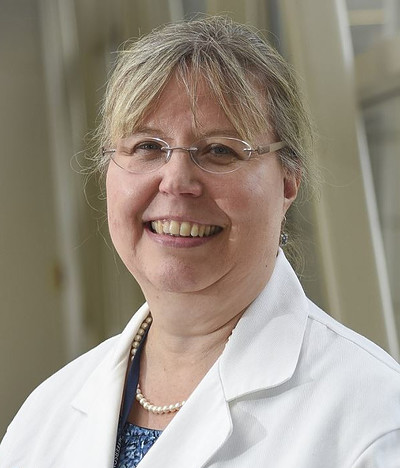Age-Friendly LTSS ECHO
The Age-Friendly Long-Term Services and Supports (LTSS) ECHO ModelTM (formerly the Learning Community Series) builds on the prior UGEC Learning Community, connecting community providers in collaborative learning with specialists through live video conferencing via Zoom. The ECHO model includes case-based learning and mentorship to help interprofessional teams gain the expertise required to provide needed care and/or services. Sessions will begin with introductions, followed by a 15-20 minute didactic, 1 or 2 case presentation(s) and a discussion.
Connecting Care Through Telehealth: Long-Term Services and Supports (LTSS) Telehealth Course
Connecting Care Through Telehealth is an online course designed to inform and improve best practices when using telehealth and virtual services in LTSS settings. Informed by the Age-Friendly Health Systems 4Ms framework, content is tailored for providers and care-teams, residents/patients, and families and caregivers within nursing homes, assisted living communities, and home health and hospice organizations. This course is hosted on the Northwest Regional Telehealth Resource Center's (NRTRC) website, and consists of five modules:
AIHC engages internationally at the Winterthur Interprofessional.Global Symposium
Interprofessional.Global (IP.Global) is the Global Confederation for Interprofessional Education and Collaborative Practice, which facilitates support and exchange between regional interprofessional education and collaborative practice (IPECP) networks around the world and establishes relationships with other like-minded organizations. It was established in 2018, following the All Together Better Health (ATBH) Conference in Auckland, New Zealand.
Christine Arenson, MD, to lead National Center

As we enter our 10th anniversary year, the National Center for Interprofessional Practice and Education is pleased to announce Christine Arenson, MD, has been named director. For the past 18 months, Dr. Arenson has served as co-director of the National Center with Barbara F. Brandt, PhD, the National Center’s founding director.
In Memory of Dr. DeWitt C. “Bud” Baldwin
It is with a heavy heart that I share the news of the passing of Dr. DeWitt C. “Bud” Baldwin at the age of 99 yesterday, January 5, 2022. Bud was an IPE pioneer and a medical education legend. He was a dear mentor from whom I learned a great deal not only about IPE but also joie de vivre and living a full personal and professional life until the end. Bud with John Gilbert and Mattie Schmitt saw something in me that I could not, pushing me to step up to the plate that eventually led to the National Center at the University of Minnesota.
Launch of the Measurement Instrument Collection 2022
Launch of the Measurement Instrument Collection 2022 Review

The National Center for Interprofessional Practice and Education is convening and charging a group of measurement and evaluation experts with experience in the field of interprofessional practice and education to review and relaunch the Measurement Instrument Collection on Nexusipe.org.
2022 Nexus Innovation Challenge- Program Resouces
Nexus Innovation Challenge - Program Resources
Achieving the Optimal Interprofessional Clinical Learning Environment, symposium proceedings of the National Collaborative for Improving Clinical Environments (NCICLE), outlines the value and characteristics of high-functioning clinical learning environments from the perspectives of patients, learners, health systems and academic medical centers.
Creating conditions for successful pre-registration IPE in rural New Zealand workplace settings
This short commentary seeks to provide some practical guidance on how to successfully implement and maintain rural interprofessional experiences for pre-registration students. Successful, sustainable IPE initiatives require upfront investment of time and resources to develop collaborative relationships with iwi and rural providers, to enable discovery of what works best within a specific rural context, to determine the appropriate time needed to implement the initiative and to develop strategies for program maintenance and sustainability.



